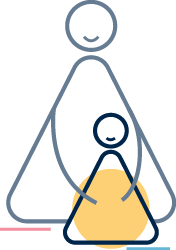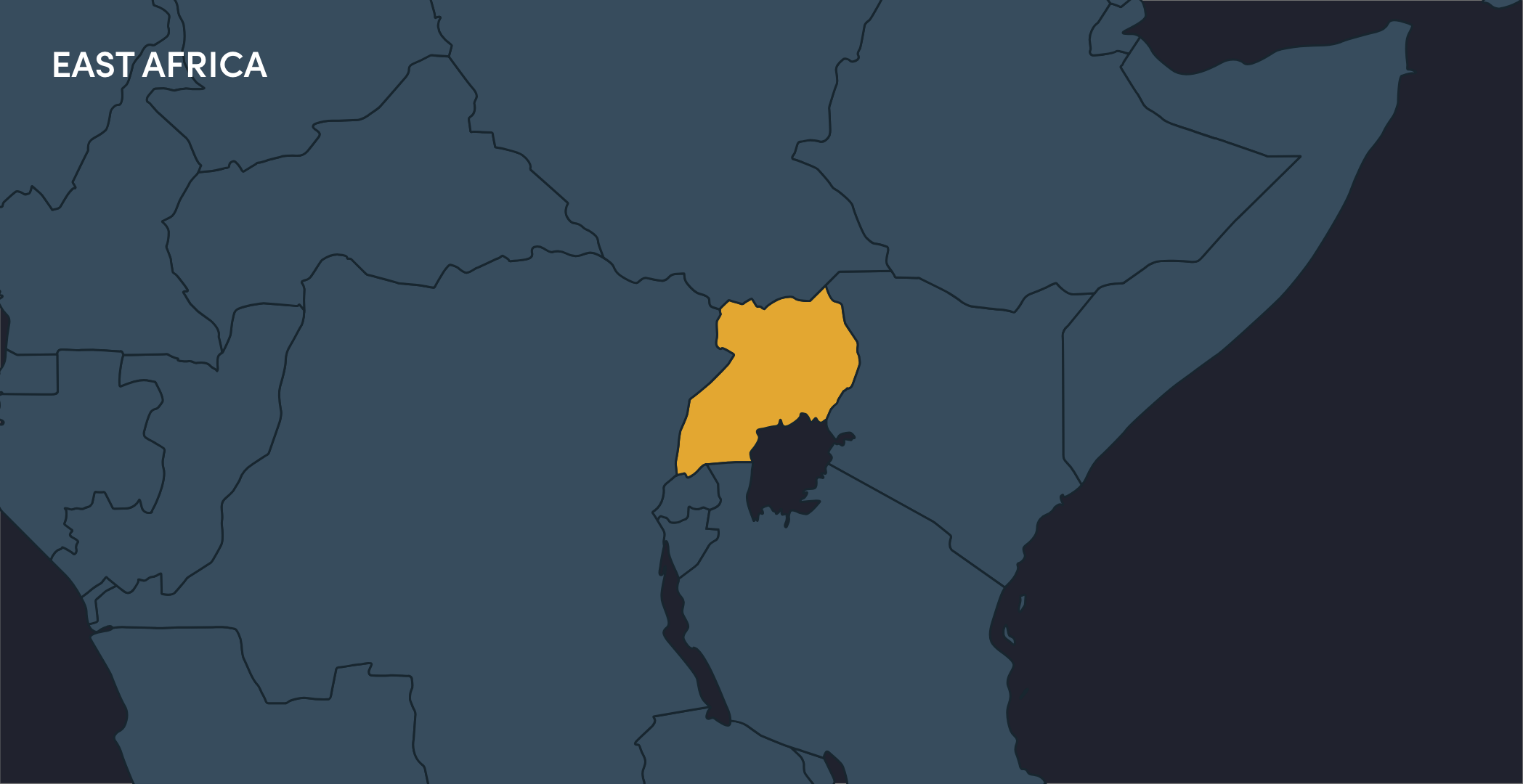In post-conflict settings, children are routinely exposed to sexual, physical, and emotional violence in their homes, schools, and communities. After decades of Uganda’s political conflict, violence against children is common, with estimates ranging from 52-89%.
Of Ugandans 18-24 years old, 59% of girls and 68% of boys reported experiencing physical violence during their childhoods, whereas 35% of girls and 17% of boys reported experiencing sexual violence. In addition, 11% of girls experienced pressured or forced sex.
With support from War Child Holland, an evaluation of a community-based child protection intervention in post-conflict Uganda by Makerere University found a small but important impact on the reduction of violence against children, through community and caregiver awareness-raising.

CAREGIVER’S KNOWLEDGE AND ATTITUDES
The intervention had a positive impact on caregivers’ knowledge of child abuse and a reduction in the use of physical punishment. The number of caregivers that demonstrated a high knowledge of child abuse increased by 9.2%.

CAREGIVER’S USE OF VIOLENT DISCIPLINE
The intervention reduced the prevalence of emotional and physical violence against children. There was a 10.4% reduction in the proportion of caregivers reporting use of violent methods of discipline.

COMMUNITY EMPOWERMENT
The intervention embedded responsibility for child protection within community life by creating a system of shared responsibility and mutual support. Engaging the community in identifying child protection issues and in developing community-based solutions was described by participants as empowering.
In contrast to these positive findings, there was no change in caregivers’ attitudes toward corporal punishment in schools as a result of the community-based child protection intervention. Moreover, this intervention did not affect children’s attitudes and practices towards self-reported abuse.
Community-based child protection is a promising approach to decreasing violence against children. Embedding responsibility for child protection within the community generates community-driven and community-owned solutions.
Changing deep seated social norms and values regarding harsh physical punishment is a long-term and complex process. Additional attention is needed to design behavioral and family interventions that promote culturally acceptable and positive disciplinary practices.
Strengthening the relationship between informal community-based child protection approaches and the formal child protection system is essential to ensuring the quality and sustainability of interventions. Building and ensuring children’s trust in both the formal and informal systems is critical and merits further in-depth study and analysis.
Community-based child protection interventions must build on context-specific evidence and local understanding of the causes and impact of violence against children. Continuous monitoring and evaluation are critical to ensure program quality and sustainability.
War Child Holland’s community-based child protection system is a process-oriented approach that prioritizes community capacity and stresses consensus and cooperation to prevent violence against children. The program gives parents, caregivers, and community members an opportunity to learn about and discuss the impact of violence on child development and find community-based solutions among participants. Their program provides guidance, monitoring, and support throughout the following three phases:
Community-driven analysis of the type and frequency of violence, abuse, neglect and exploitation of children in the targeted communities. Risk assessment tools included the Strengths, Weaknesses, Opportunities, and Threats (SWOT) analysis.
Dialogue sessions with community members that focus on building knowledge and changing attitudes towards child abuse.
Development of concrete interventions in response to community-specific risk factors associated with violence against children.
Dr. Eddy Walakira, Department of Social Work and Social Administration, Makerere University
ewalakira@chuss.mak.ac.ug
https://swsa.mak.ac.ug/
To learn more about this project and its findings, please download our evidence brief.





